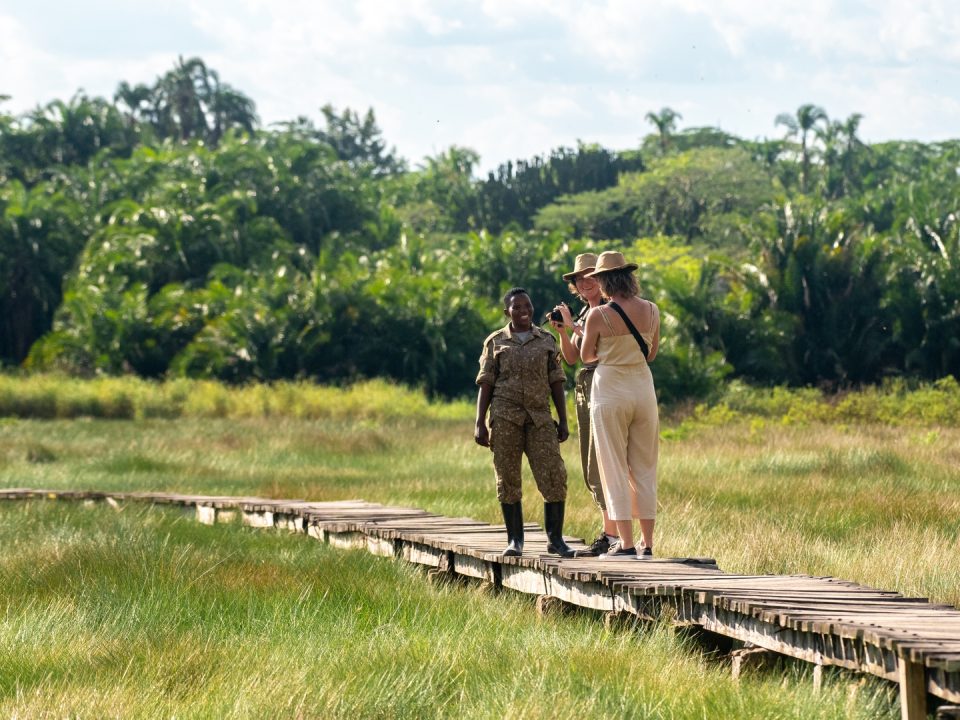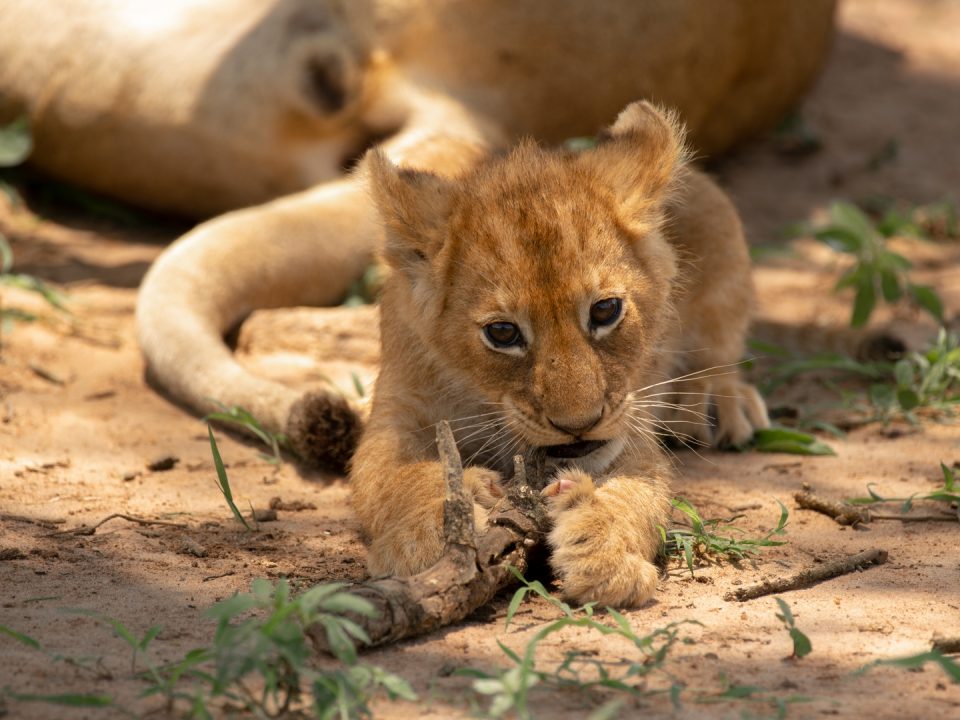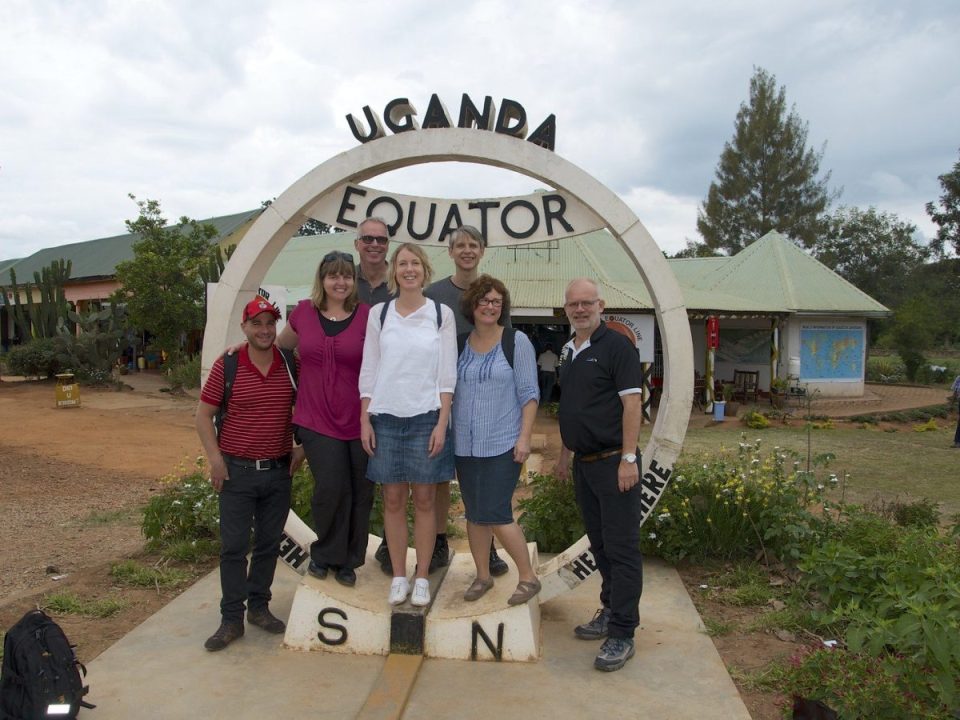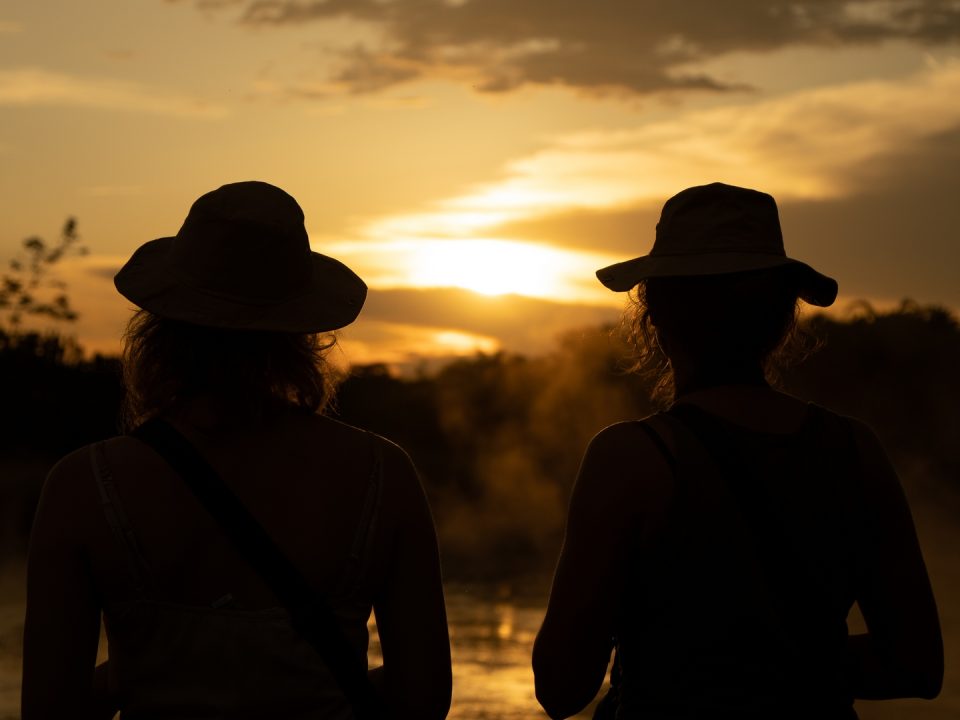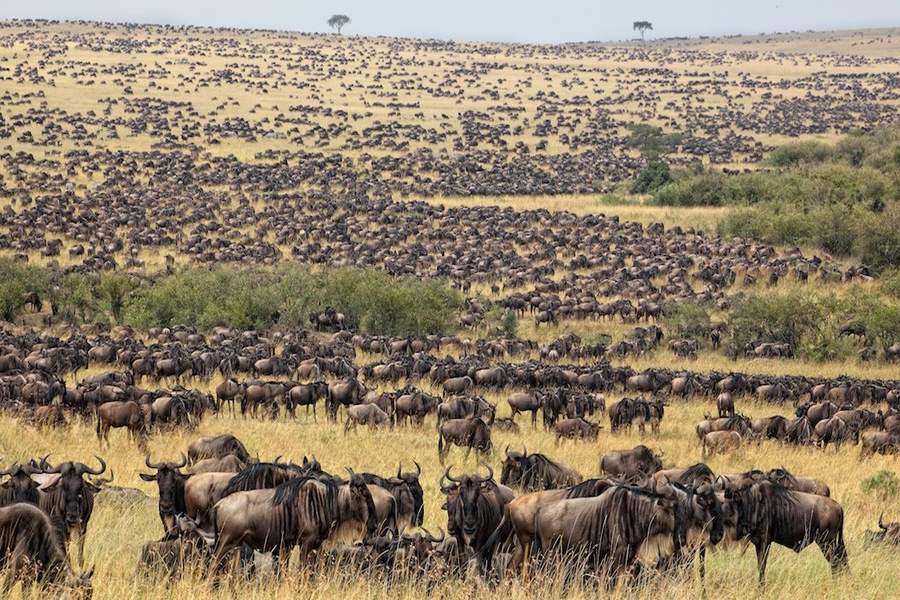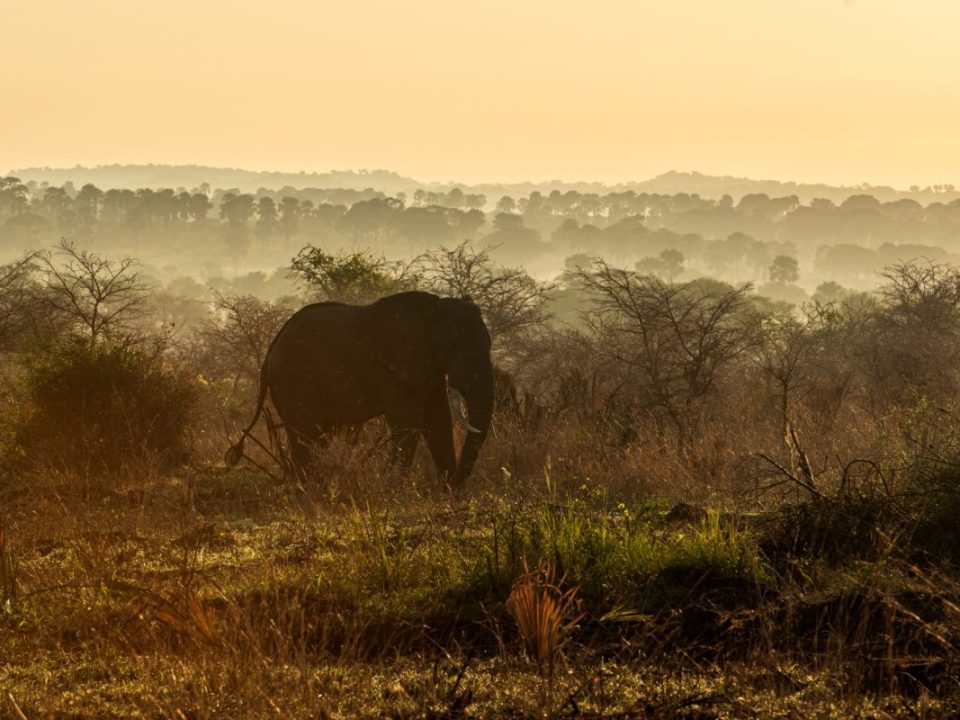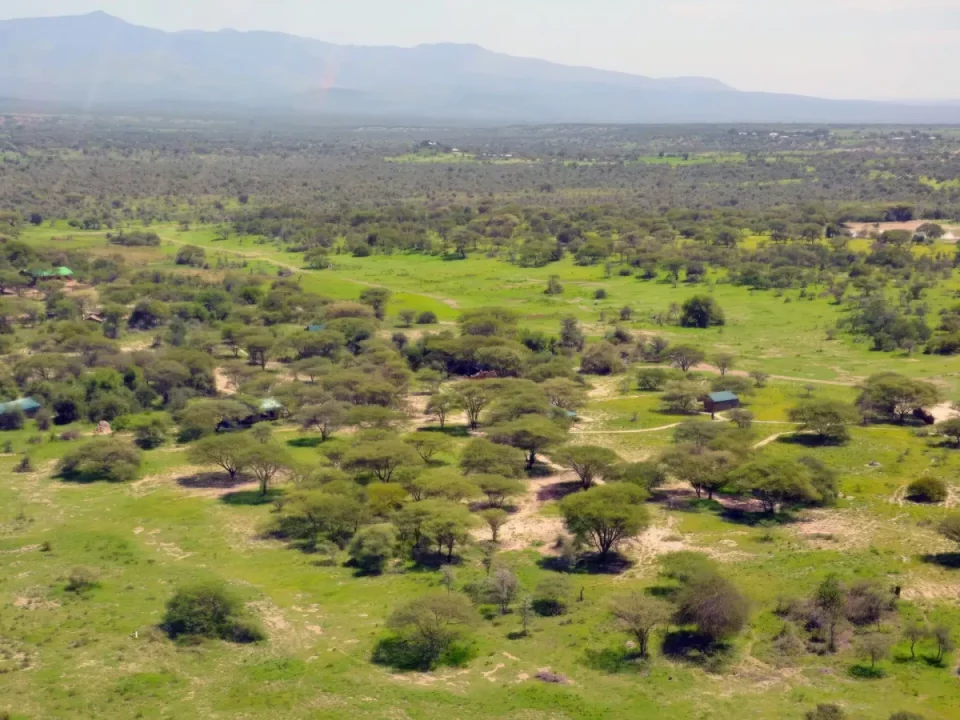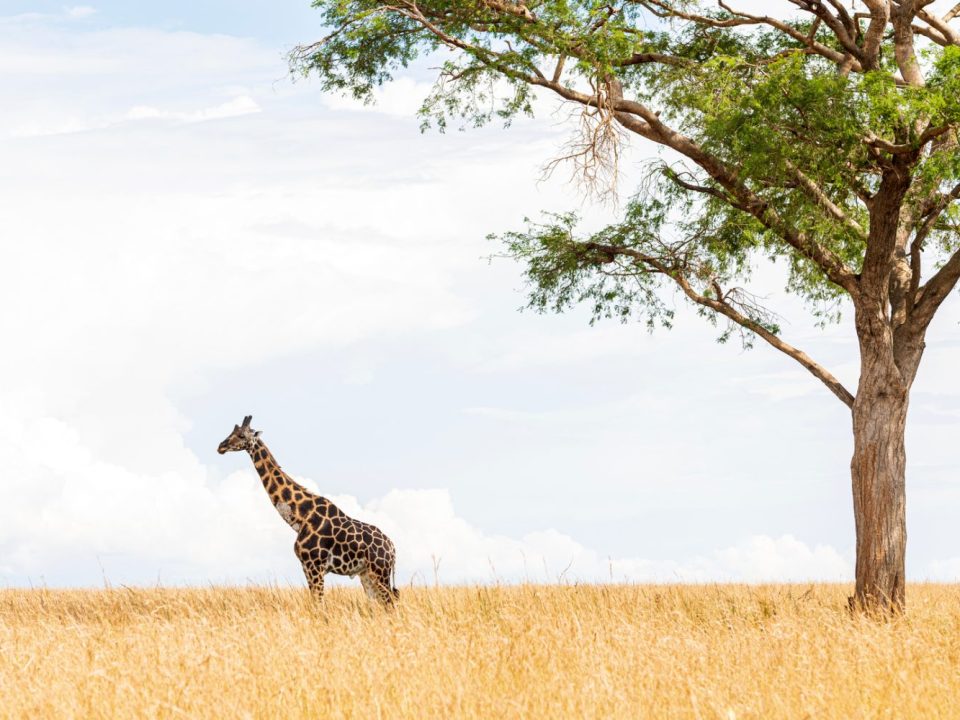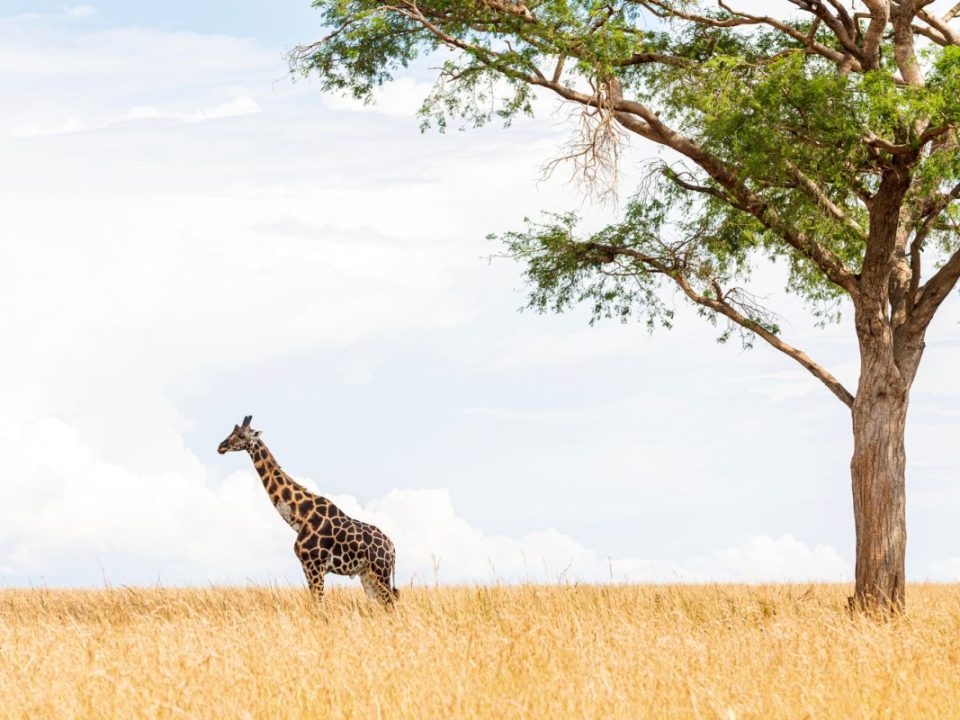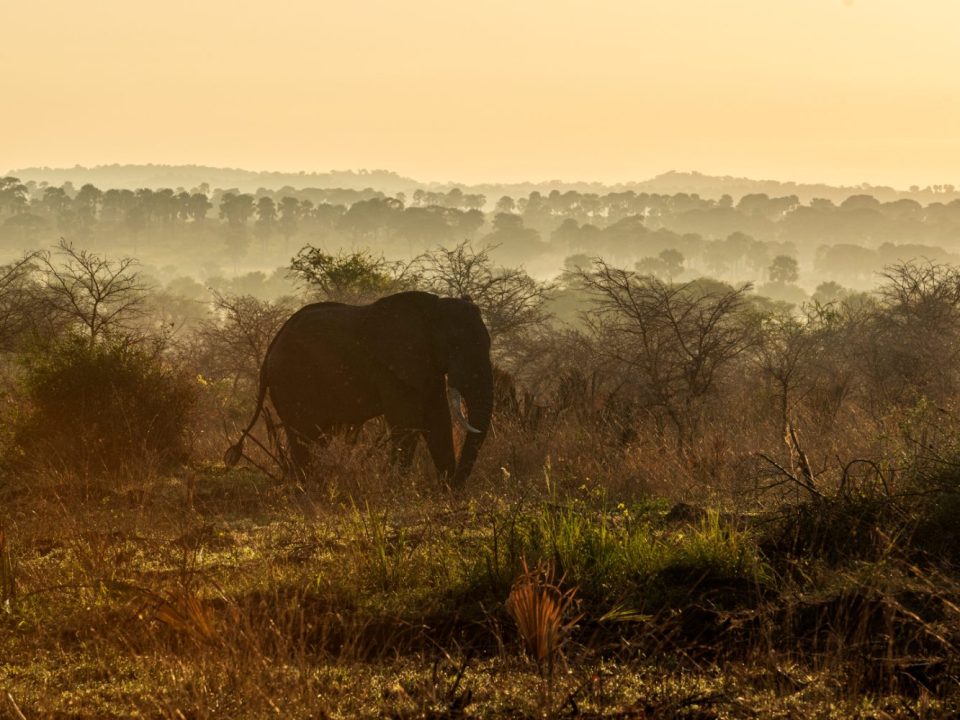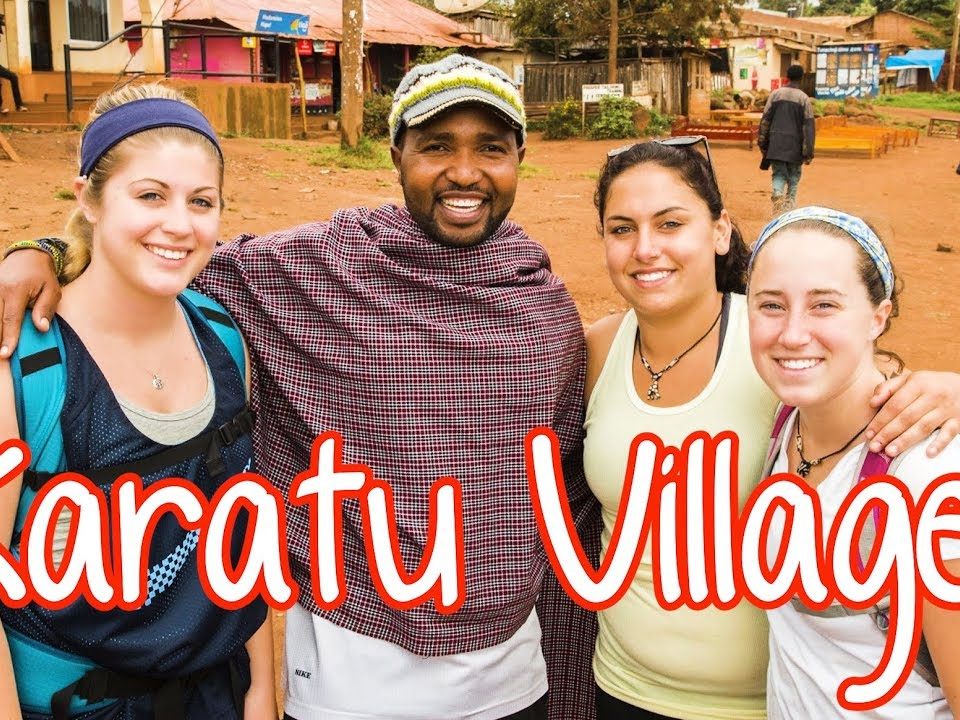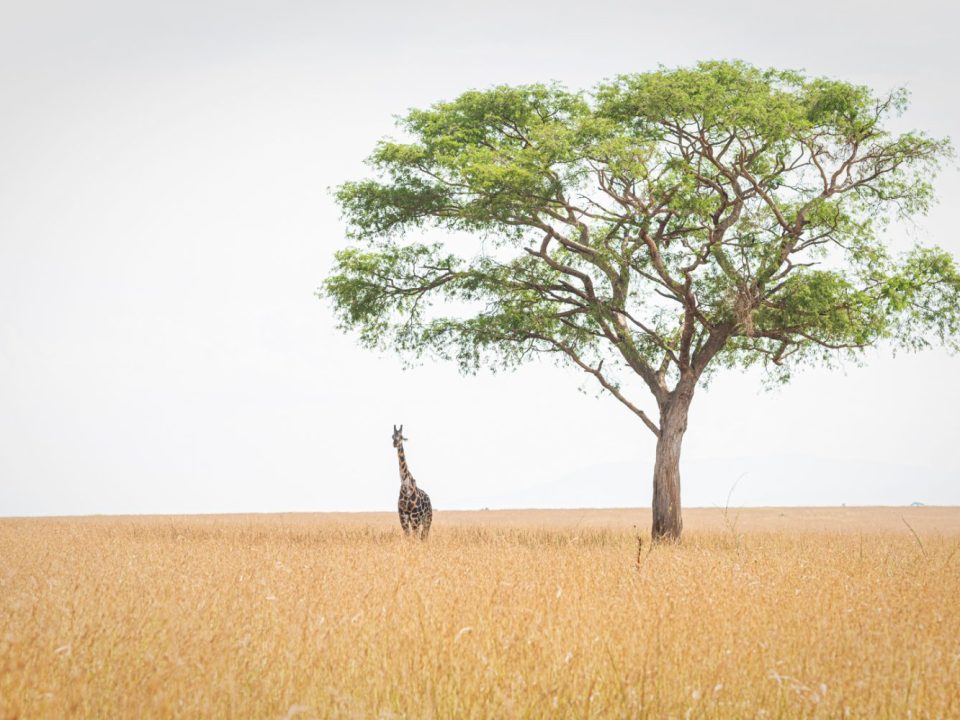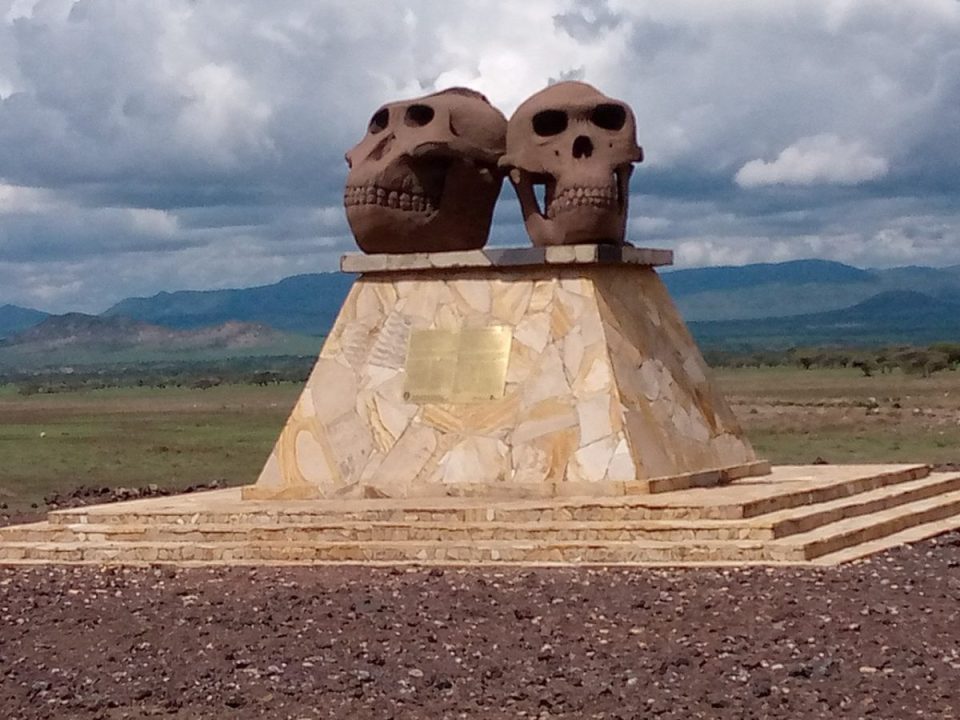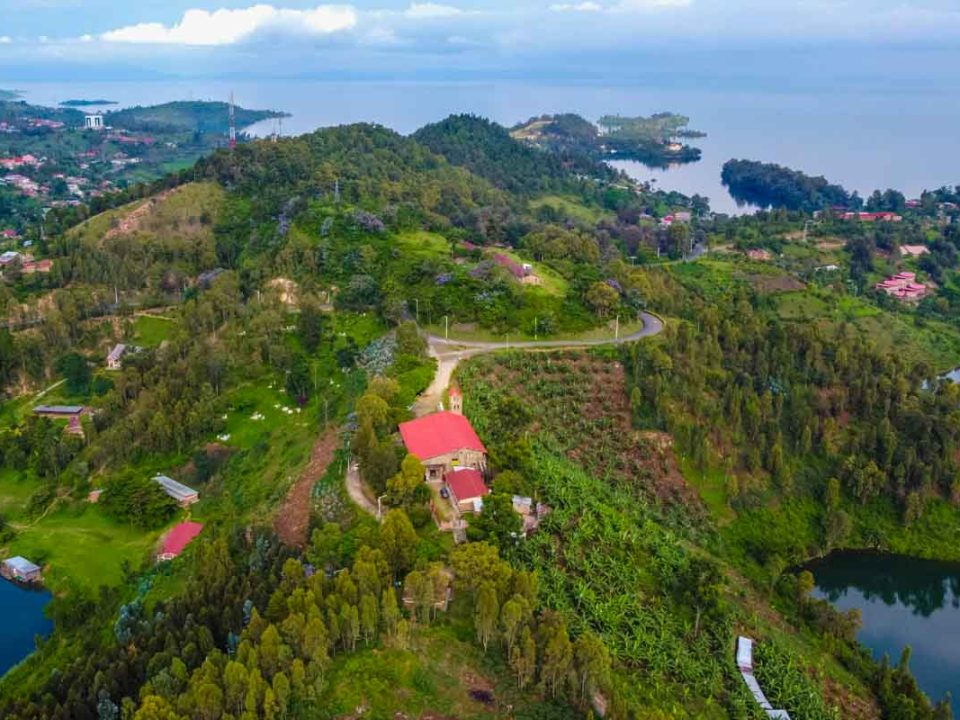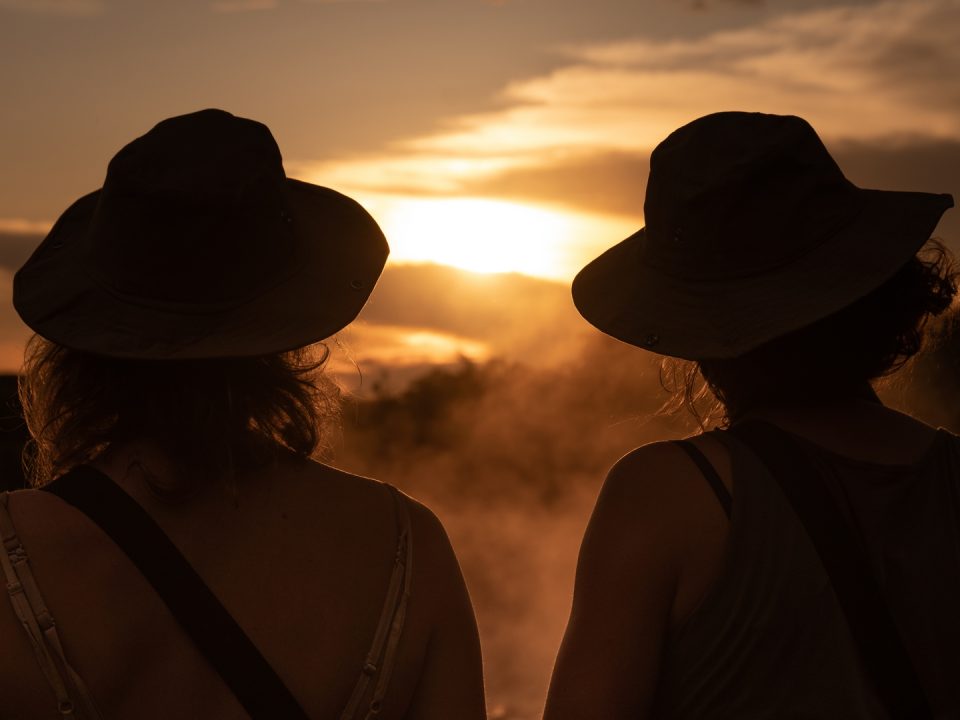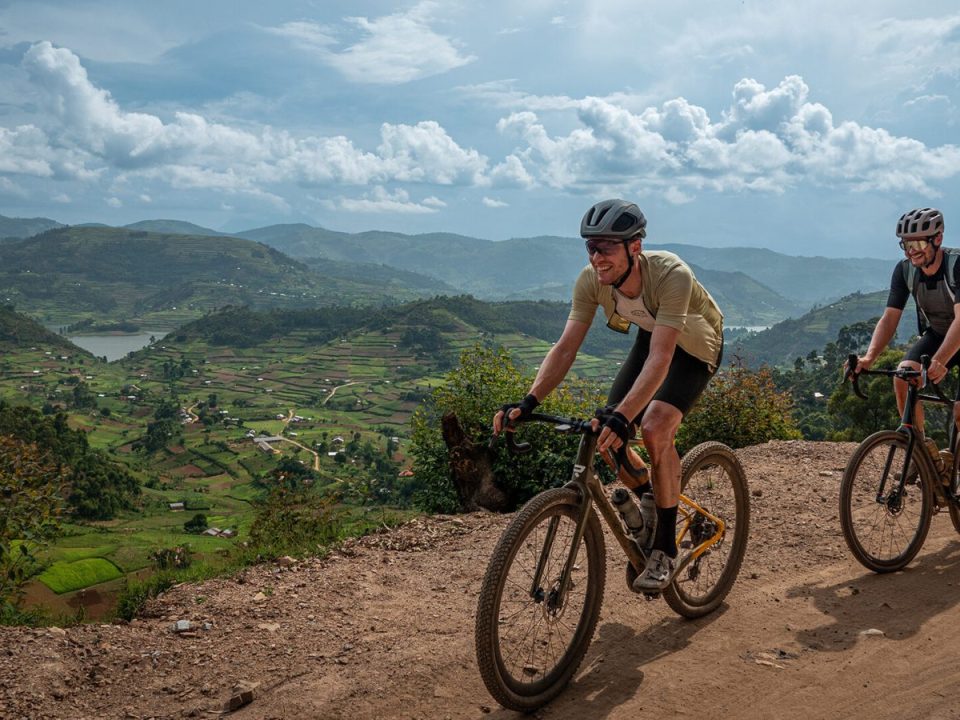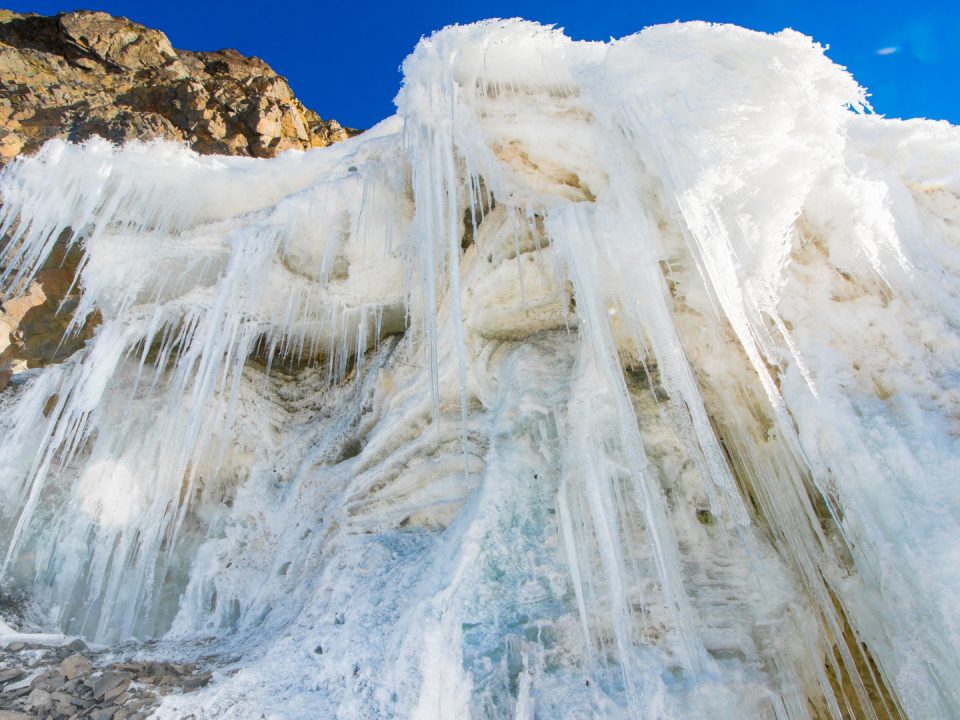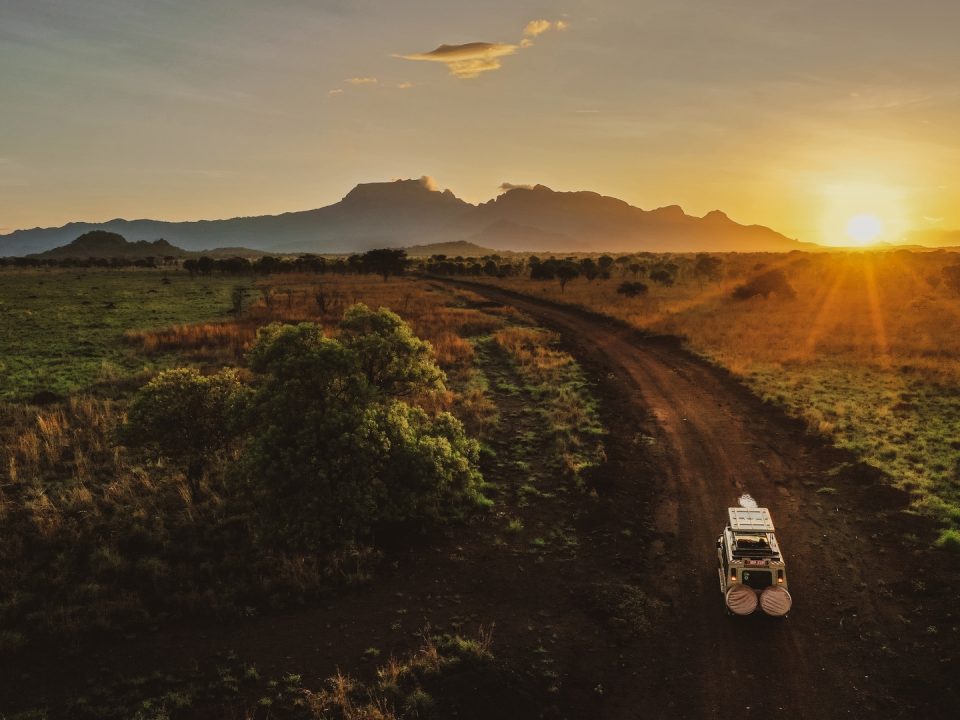The BEST 100+ Uganda Group Tours (Offered by Deks Tours)
THE 100+ BEST Uganda Tours & Experiences for 2023 (with Photos & Videos). Uganda Group Tours. Uganda, situated in East Africa, stands out as a captivating country celebrated for its varied landscapes, encompassing vibrant forests, expansive savannas, and enchanting lakes. Renowned for its rich wildlife, Uganda presents unique opportunities to encounter gorillas, chimpanzees, and an array of other animals thriving in their natural environments. For those intrigued by Uganda group tours, numerous options and destinations beckon exploration.
When orchestrating a group tour to Uganda, it becomes crucial to opt for Deks Safaris and Tours Ltd, ensuring a tailored experience aligned with your preferences. It is imperative to assess factors such as group size, itinerary details, accommodation standards, and inclusions, given the considerable variations among different tour providers. Furthermore, perusing reviews and seeking recommendations becomes essential, guaranteeing a truly memorable and gratifying experience during your Uganda Group Tours.
Top 9 Uganda Group Tours for Africa Travelers
- Gorilla Trekking Group Tours
- Wildlife Group Tours
- Chimpanzee Tracking Group Tours
- Cultural Group Tours
- Bird-watching Group Tours
- Adventure Group Tours
- Cycling Group Tours
- Combined East African Group Tours
- White Water Rafting Group Tours
Uganda Gorilla Trekking Group Tours
Uganda Group Tours specializes in delivering exceptional gorilla trekking experiences, with a focus on providing meticulously crafted group tours tailored for this unique adventure. These specialized tours offered by Deks Safaris and Tours Ltd typically encompass essential elements such as permits, seasoned guides, transportation, accommodation, and sometimes additional activities or excursions to other wildlife hotspots in Uganda.
When contemplating a gorilla trekking group tour, it becomes pivotal to assess crucial factors, including group size, the duration of trekking days, overall tour duration, and the level of comfort and amenities provided. Ensuring the availability of limited gorilla permits is paramount, and securing them well in advance is advised. Additionally, scrutinizing reviews, comparing itineraries, and clarifying the inclusions in the tour package are essential steps to guarantee alignment with your preferences and budget.
To maximize your chances of securing a spot, it is advisable to book your gorilla trekking tour well in advance, especially during peak seasons when permits tend to sell out rapidly. Embark on your gorilla trekking adventure in Uganda with the assurance of a well-planned and enjoyable experience!
Uganda Wildlife Group Tours
Uganda stands as an extraordinary destination for wildlife enthusiasts, boasting diverse ecosystems and a plethora of animal species. For those passionate about wildlife, Deks Safaris and Tours Ltd provides specialized group tours centered around immersive wildlife viewing experiences in Uganda. These thoughtfully crafted tours encompass activities such as game drives, boat safaris, and other wildlife-focused adventures within the country’s national parks and reserves.
When contemplating a wildlife group tour in Uganda, it is essential to factor in considerations like group size, tour duration, accommodation arrangements, and the specific national parks or areas covered in the itinerary. Ensure that the tour aligns with your wildlife interests, whether you seek encounters with the Big Five, primates, or specific bird species. A thorough review of testimonials, scrutiny of itineraries, and clarifying the inclusions in the tour package contribute to making a well-informed decision. Additionally, understanding the optimal time to visit ensures the best opportunities for wildlife observation in Uganda.
Uganda Chimpanzee Tracking Group Tours
Uganda Group Tours shine as the ideal choice for those seeking chimpanzee tracking and habituation experiences in this captivating country, renowned for its diverse national parks and forests harboring these remarkable primates. Deks Safaris and Tours Ltd stands out as a leading provider of group tours specifically tailored for chimpanzee tracking in Uganda.
When considering a chimpanzee tracking group tour with Uganda Group Tours, it’s crucial to weigh factors like group size, tour duration, accommodation options, and the specific destinations outlined in the itinerary. Ensure that the tour aligns with your interests in primate tracking, and inquire about the comprehensive details included in the package, such as permits and expert guides. Consulting reviews and meticulously examining itineraries serve as valuable steps in making an informed decision.
Chimpanzee tracking experiences typically unfold in the early morning, necessitating early starts. To secure your spot, it’s imperative to book your tour well in advance, particularly during peak seasons when permits may be limited. Embark on your chimpanzee tracking adventure in Uganda, relishing the expertise and seamless experience provided by Uganda Group Tours!
Uganda Cultural Group Tours
Uganda Group Tours cater to those intrigued by the cultural tapestry of this diverse country, home to numerous indigenous tribes, each preserving its distinct traditions, languages, and customs. For an immersive exploration of Uganda’s rich cultural heritage, Deks Safaris and Tours Ltd stands out by offering group tours with a cultural focus.
These cultural group tours with Uganda Group Tours typically encompass visits to local villages, interactions with indigenous communities, and opportunities to delve into traditional practices and lifestyles. When choosing a cultural group tour in Uganda, it’s essential to factor in considerations such as group size, tour duration, accommodation arrangements, and the specific cultural activities featured in the itinerary. Ensure that the tour aligns with your interests in understanding the diverse cultures of Uganda by reading reviews, scrutinizing itineraries, and inquiring about the inclusions in the tour package.
Participating in cultural tours in Uganda not only provides a profound insight into the country’s rich heritage but also serves as a means to support local communities through responsible tourism. Immerse yourself in the vibrant cultural mosaic of Uganda with the expertise and focus of Uganda Group Tours!
Uganda Bird Watching Tours
Uganda Group Tours presents an exceptional opportunity for bird enthusiasts, given Uganda’s status as a remarkable destination for bird watching, boasting over 1,000 bird species, including rare and endemic varieties. Deks Safaris and Tours Ltd excels in offering specialized group tours tailored for avid birdwatchers. These tours are curated to provide expert birding guides, visits to prime bird-watching locations, and ample opportunities to spot a diverse array of bird species.
When deliberating on a bird watching group tour in Uganda, pivotal considerations include group size, tour duration, accommodation preferences, and the specific birding destinations outlined in the itinerary. It’s crucial to ensure that the tour aligns with your specific bird watching interests, whether you aim to spot particular bird species or explore a variety of habitats. Making an informed decision is facilitated by reading reviews, examining itineraries, and clarifying the inclusions in the tour package.
Uganda, with its incredible diversity of birds, stands as a rewarding destination for birdwatchers. Whether you are a novice or an experienced birder, Uganda Group Tours guarantee memorable bird watching experiences with their expertise and tailored focus on this avian-rich paradise.
Uganda Adventure Tours
Uganda beckons adventure enthusiasts with a diverse array of adrenaline-pumping activities set against the backdrop of its breathtaking outdoors. Deks Safaris and Tours Ltd stands as a premier provider of adventure group tours, featuring thrilling pursuits such as white-water rafting, hiking, zip-lining, and more.
When contemplating an adventure group tour in Uganda with Uganda Group Tours, it’s essential to factor in considerations such as the types of adventure activities offered, their difficulty levels, group size, tour duration, and adherence to safety standards. These adventure tours in Uganda are customizable to your preferences, catering to those seeking high-adrenaline experiences or a more leisurely adventure in nature.
To ensure a secure and enjoyable experience, always verify that Deks Safaris and Tours Ltd has implemented necessary safety measures and provides appropriate equipment for each activity. Additionally, conducting a thorough review of testimonials, scrutinizing itineraries, and inquiring about the tour package inclusions are crucial steps to make an informed decision regarding the adventure group tour that aligns with your interests and skill level. Choose Uganda Group Tours for an exhilarating and well-tailored adventure experience in the heart of nature’s wonders.
Uganda Cycling Tours
Uganda stands out as an ideal destination for cycling enthusiasts, with its breathtaking landscapes and varied terrain. For those eager to explore Uganda on two wheels, Uganda Group Tours, offered by Deks Safaris and Tours Ltd, present exciting cycling group tours. These tours cater to a spectrum of preferences, ranging from leisurely rides through scenic countryside to more challenging mountain biking adventures.
When considering a cycling group tour in Uganda, key factors to weigh include the type of cycling experience (road cycling, mountain biking, leisurely rides), group size, tour duration, and the level of difficulty. It is crucial to ensure that the chosen tour aligns with your cycling interests and skill level. Additionally, inquire about the comprehensive inclusions in the tour package, covering aspects such as bike rentals, equipment, support vehicles, and accommodations.
Cycling tours in Uganda offer a unique perspective of the country’s stunning landscapes and can be tailored to suit your preferences and fitness level. Whether you seek a challenging adventure or a more relaxed exploration, Uganda Group Tour can be customized to your liking. Prioritize safety by confirming that Deks Safaris and Tours Ltd provides necessary safety measures and support throughout the cycling tour, ensuring a secure and enjoyable experience on two wheels.
Uganda Combined East African Safari
For those seeking to explore multiple countries in East Africa within a single journey, Uganda Group Tours, facilitated by Deks Safaris and Tours Ltd, present combined East African group tours. These tours provide a comprehensive and immersive experience, allowing travelers to visit several countries in the region and encounter the diverse cultures, wildlife, and landscapes they have to offer.
When contemplating a combined East African group tour with Uganda Group Tours, it’s essential to thoroughly examine the itinerary. Factors to consider include the countries visited, tour duration, accommodation arrangements, and the specific activities featured. These tours often offer a well-rounded blend of wildlife viewing, cultural immersion, and adventure activities, catering to a wide range of interests and preferences. To make an informed decision about your East African exploration, read reviews, scrutinize itineraries, and inquire about the inclusive elements of the tour package. Uganda Group Tours provide an opportunity for a seamless and enriching journey across East Africa.
Uganda White Water Rafting Safari
Embarking on white-water rafting adventures along the Nile River in Jinja, Uganda is a popular and exhilarating activity. Uganda Group Tours, facilitated by Deks Safaris and Tours Ltd, offer specialized white-water rafting group tours on the Nile River, catering to both novices and experienced rafters. Various options for Uganda white-water rafting group tours are available:
When selecting a white-water rafting group tour in Uganda with Uganda Group Tours, critical considerations include the level of difficulty, group size, tour duration, and the implemented safety measures. Ensure that the chosen tour aligns with the experience level of your group, whether you seek a thrilling adventure or a more relaxed rafting experience.
Prioritizing safety is paramount during white-water rafting, so it’s essential to confirm that Deks Safaris and Tours Ltd provides professional guides, top-notch equipment, and adheres to rigorous safety standards. Inquire about the comprehensive inclusions in the tour package, covering aspects such as equipment, transportation, meals, and any additional activities. White-water rafting in Uganda with Uganda Group Tours offers a fantastic adventure, providing a thrilling means to appreciate the scenic beauty and exciting rapids of the Nile River.
Proposed Africa Tours & Cultural Holidays – Deks Safaris and Tours Ltd
- 6 Days Uganda Kenya Tour
- 7 Days Rwanda Uganda Tour
- 8 Days Kenya Uganda Luxury Safari
- 8 Days Kenya Uganda Tour
- 9 Days Kenya Uganda Safari
- 10 Days Kenya Uganda Safari
- 10 Days Uganda Kenya Tanzania Safari
- 10 Days Rwanda Kenya Tanzania Safari
- 11 Days Kenya Uganda Rwanda Safari
- 11 Days Kenya Uganda Safari
- 11 Days Uganda Kenya Zanzibar Safari
- 11 Days Rwanda Kenya Safari
- 12 Day Kenya Uganda Rwanda Safari
- 13 Days Uganda Kenya Tanzania Safari
- 14 Days Across Africa Safari
- 14 Days Rwanda Tanzania Safari
- 15 Days Kenya Rwanda Tour
- 16 Days Kenya Uganda Safari
- All
- Adventure Holidays
- Africa Adventure Tours
- Africa Gorilla Trekking FAQs
- Africa Safari News
- Africa Senior Tours
- Africa Tour
- Africa Tours
- Africa Village Tours
- Africa Wildlife Safari
- Africa Wildlife Tour
- Burundi Safari
- Burundi Safaris
- Burundi Tour
- Burundi Tours
- Chimpanzee Tracking FAQs
- Chimpanzee Tracking News
- Congo Safaris
- Golden Monkey Tracking Uganda
- Gorilla Safaris
- Gorilla Trekking Africa
- Great Wildlife Migration
- Hot Air Balloon Safari
- Kenya Birding Safaris
- Kenya Cultural Tours
- Kenya Safari Holidays
- Kenya Wildlife Safaris
- Luxury Holidays in Uganda
- Luxury Packages in Uganda
- Luxury Safari in Uganda
- Luxury Safaris in Uganda
- Luxury Travel in Uganda
- Luxury Travels in Uganda
- Murchison Falls FAQs
- Rwanda Cultural Tours
- Rwanda Gorilla Safaris
- Rwanda Primates Tours
- Rwanda Safari Holidays
- Rwanda Vacation Holidays
- Rwanda Wildlife Safaris
- Tanzania Safari Holidays
- Tanzania Wildlife Safaris
- The Maasai Cultural Tour
- Travel News
- Uganda Birding Safari
- Uganda Cultural Safari
- Uganda Gorilla Trekking Safari
- Uganda Safari News
- Uganda Safari Parks
- Uganda Safaris
- Uganda Safaris Tour
- Uganda Tour
- Uganda Tours
- Uganda Wildlife Safari
- Water Rafting Travel News
- Wildlife Safari News

